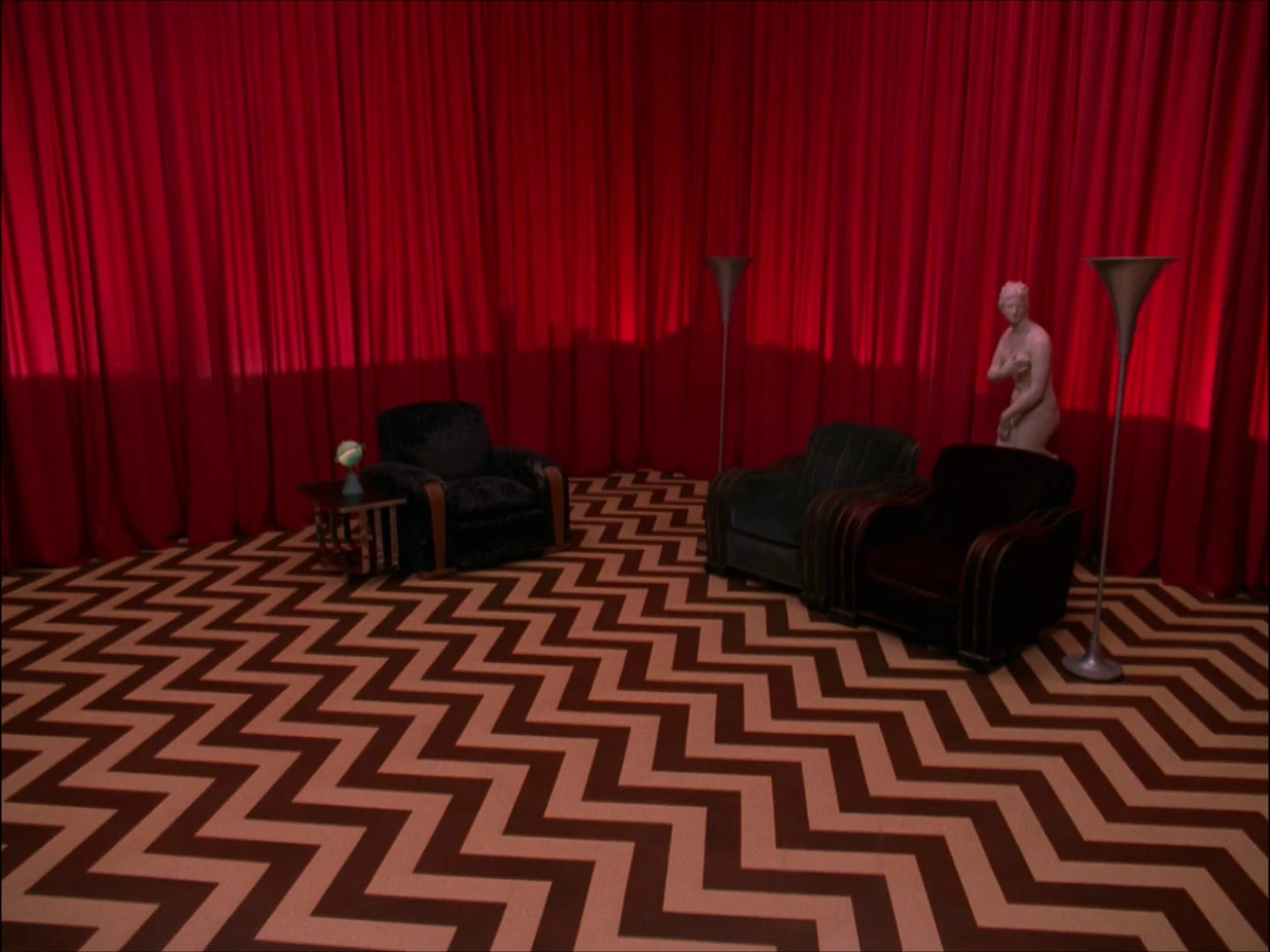
hello again! So it's been a sec - sorry about that, I've honestly been slacking on a lot of things, but not reading! I think since my last post I've gotten through a few really cool books, including but not limited to:
The Crying of Lot 49 by Thomas Pynchon
Who Rules the World? by Noam Chomsky
Crash by J.G. Ballard
Dubliners by James Joyce
So my brain-power is increasing with every passing day. Soon enough I'll be unstopable.
So while it feels like it's been a while since I finished Non-Places: An Introduction to Supermodernity by Marc Augé, I said I would expand my thoughts on it and I intend to follow through with that! In my last post, I compared Augé's account of non-places to the more modern liminal spaces, speculating that liminal spaces are a more radical memetic experession of something much more pervasive in our lives. I guess the point of this essay is to address the question I kind of hinted at last time: are we always in non-places now?
But first let's try to get a grip on what a non-place actually is (I might fuck this up because non-places more or less comes from an anthropological perspetive, which I don't know a lot about and am not super interested in lol). Augé describes them as places as "relational, historical, and concerned with identity" while non-places lack those characteristics and are instead by defined by “commerce, circulation, and communication”, which we can take as controlled, systematic movement of some kind (whether it be capital, objects, bodies, or information).
Of course, What really stuck me in Augés text is his description of passenger subjectivity – the condition and mentality of being in a bus/plane/train, surrendered to the present moment, provided constantly with updates but more or less powerless to act on it: "In the world of super-modernity peole are always, and never, at home"

He also gets into the relative anonymity of these spaces, even though you normally need to give an ID to your ticket. By indentifying yourself to the wider system, your free to be stranger to all the actual people around you. It creates an experience that's comfortable, but empty. No alarms and no suprises.
What I cant help but notice is how this kind of temporality applies just as much to laptops and smartphones as it does to public transit. A kind of mental non-place. Self-hypnosis. The Anonimity paradox described becomes even more profound in the online sphere, where most users can browse and post anonomously on a interpersonal level, but not without disclosing an IP Address, location, user data, activity-tracking, etc.
Here's a tangent that may sort of pertain to what I'm getting at here: one of the most common talking points of left-wing, progressive discourse online is the nessecity of third places and walkability in urban spaces. I don't disagree, but sometimes I feel like this idea is almost too optimistic. Even if these spaces existed - what would really happen there? What new radical potentials await? I hang out in coffee shops, libraries, and public parks quite often and the space itself isn't really enough to create a context for new cultures and connections.
So as you can see, I've been having trouble getting this post together for a while. I wrote most of like a week or two ago lol. I'm kind of a mess if it wasn't already obvious. But I think the current moment for me could be sort of understood as an entrapment in anonymity and non-space. I have people I can reach out to. But I genuinely don't see the point. Everytime I step into a real space, into a real moment, my brain just seems to short-circut. It's hard not zero in on these thoughts and feelings as components of Capitalist Realism, especially since I feel like I observe them in others all the time. I actually recently started reading through Spinoza's Ethics because of the emphasis on his system in K-punk and Xenogothic. I didn't really get it, honestly. I feel like I really lack a solid foundation in metaphysics - all the talk about the ontology of god just feels so here-nor-there to me. Lol almost like a philosphical non-space I guess.
It's hard for me to finish these because I always feel like I'm coming up empty - I hope that this is at least somewhat coherent. Right now, I'm finishing up My Year of Rest and Relaxation by Ottessa Moshfegh, which is hitting really hard for me. It's about a girl who spends a year in a drug-induced sleep, basically doing everything she can to avoid life and emotions. I don't know how it ends yet.
back